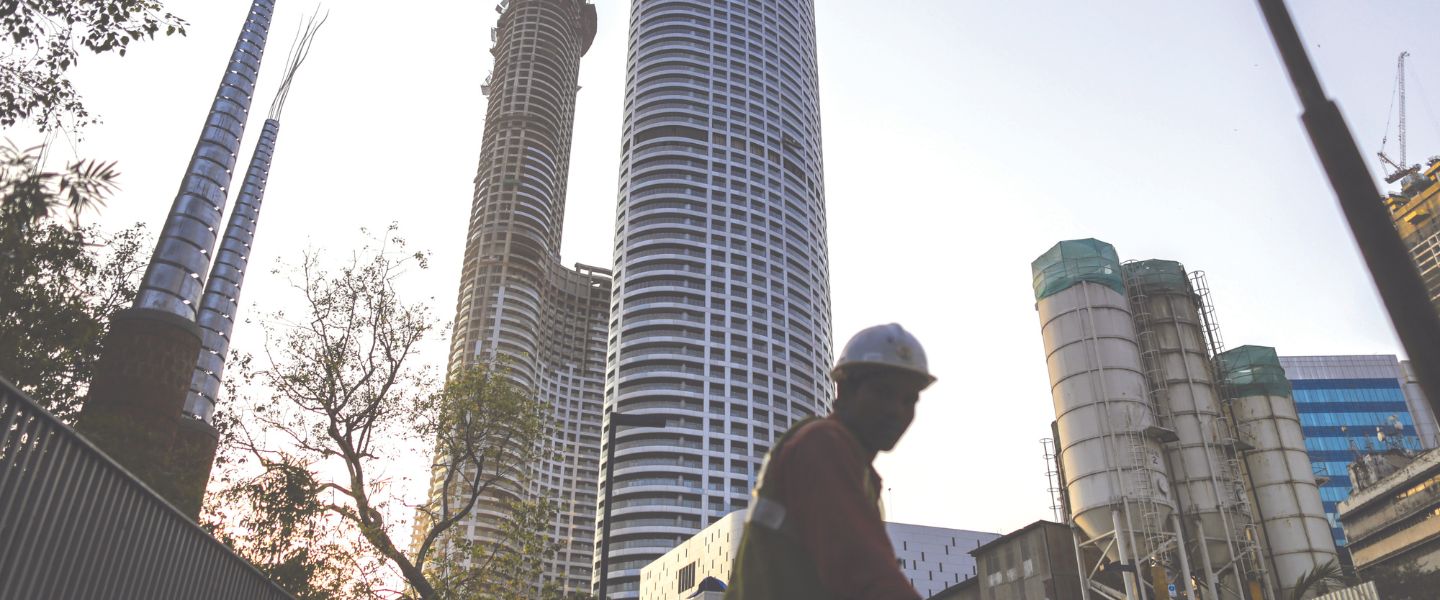-
IFRS
At Grant Thornton, our IFRS advisers can help you navigate the complexity of financial reporting.
-
Audit quality monitoring
Having a robust process of quality control is one of the most effective ways to guarantee we deliver high-quality services to our clients.
-
Global audit technology
We apply our global audit methodology through an integrated set of software tools known as the Voyager suite.
-
Supply Chain and Operation Services
An optimised and resilient supply chain is essential for success in an ever-evolving business landscape
-
Business risk services
The relationship between a company and its auditor has changed. Organisations must understand and manage risk and seek an appropriate balance between risk and opportunities.
-
Marketing and Client Service
We offer strategy, client service, digital and insight solutions to businesses that are shaping the future across the Middle East.
-
Forensic services
At Grant Thornton, we have a wealth of knowledge in forensic services and can support you with issues such as dispute resolution, fraud and insurance claims.
-
Deal Advisory
At Grant Thornton, we deliver deal advisory services through a strategic lens, providing end-to-end support that enables our clients to unlock value, manage risk, and make informed decisions with confidence. Our team works closely with businesses across Saudi Arabia to navigate the complexities of transactions and drive smart, sustainable outcomes.
-
Growth services
We have designed and developed growth services to support your business at each phase of its growth. So whether you are an SME that has just set up or a large business wishing to expand, at Grant Thornton we will help you unlock your potential for growth.


Major projects include the construction of what has been hailed as the nation's "capital of entertainment" — an $8 billion recreational facility located on the outskirts of Riyadh. It’s 2.5 times the size of Walt Disney world, and Neom, which is a $500 billion mega-city project that is currently under construction in the northwest of the country.
Like any industry, there are financial considerations that need to be taken into account when operating in the construction sector in Saudi Arabia. This includes understanding the applicable IFRS rules, as well as any mandatory audit requirements. In this article, we'll take a look at the financial aspects of doing business in Saudi Arabia's construction industry and shine a spotlight on the performance of this booming sector.
Financial Rules & Regulations of Saudi's Construction Industry
The Saudi Arabian government has put in place several financial rules and regulations that apply to the construction industry. These are designed to ensure that the industry is operated in a fair and transparent manner and to protect the rights of workers and businesses.
IFRS Rules
The International Financial Reporting Standards (IFRS) are a set of internationally recognized accounting standards that are used by businesses around the world. In 1992, the Saudi Organization for Certified Public Accountants was established and charged with the responsibility of issuing accounting and auditing standards in the Kingdom. In 2012, SOCPA started the process of transitioning to IFRS standards, and by 2017 all Saudi listed companies were required to prepare their financial statements in accordance with IFRS. This means that businesses in the construction industry need to be aware of the specific accounting standards that apply to their sector.
There are several different IFRS standards that are particularly relevant to the construction industry, including:
- IFRS 9 Financial Instruments: This standard deals with the classification and measurement of financial instruments.
- IFRS 15 Revenue from Contracts and Customers: This standard focuses on revenue from contracts with customers and replaces the previous IAS 18 Revenue standard.
- IFRS 16 Leases: This standard deals with accounting for leases and replaces the previous IAS 17 Leases standard.
Audits
Saudi Arabia has a mandatory audit requirement for construction companies that are listed on the stock exchange, as well as for those that are required to prepare their financial statements in accordance with IFRS. The purpose of the audit is to provide assurance that the financial statements of the company are free from material misstatement.
Tax Liabilities
Businesses in the construction industry are subject to the same corporate tax rate as other businesses in Saudi Arabia, which is 20%. In addition to corporate tax, businesses may also be liable for value-added tax (VAT) and withholding tax.
VAT is levied at a standard rate of 15% on the supply of goods and services in Saudi Arabia. Construction companies are required to charge VAT on their invoices and must submit periodic VAT returns to the authorities.
Real Estate Transaction Tax (RETT)
Real Estate Transaction tax was implemented on 4 October 2020 at a rate of 5%, which is to be applied on all land, property sales and associated rights, including *usufructs of over 50 years. The tax shall apply on the sale of commercial, residential and land plot real estate.
The VAT rate of 15% will not be applied on the above transactions. Likewise, RETT shall not be applied on rents generated from commercial property or residential real estate, however VAT will be applicable for these transactions.
What is the Current State of the Industry?
The construction industry in Saudi Arabia has been growing rapidly in recent years, driven by government investment and an increase in private sector activity. According to figures from last year, the value of the nation's construction industry stands at approximately $120.4 billion. There are currently over 5,200 construction projects active in Saudi Arabia representing a combined value of over $819 billion. Saudi Arabia is currently one of the top-performing markets for the construction industry within the GCC region. Looking ahead, the construction industry is expected to continue growing between 2023 to 2026 at a rate of 4%, with continued support from government investment and the private sector.
*refers to when businesses take empty land from landlords and construct over a 50+ year basis.